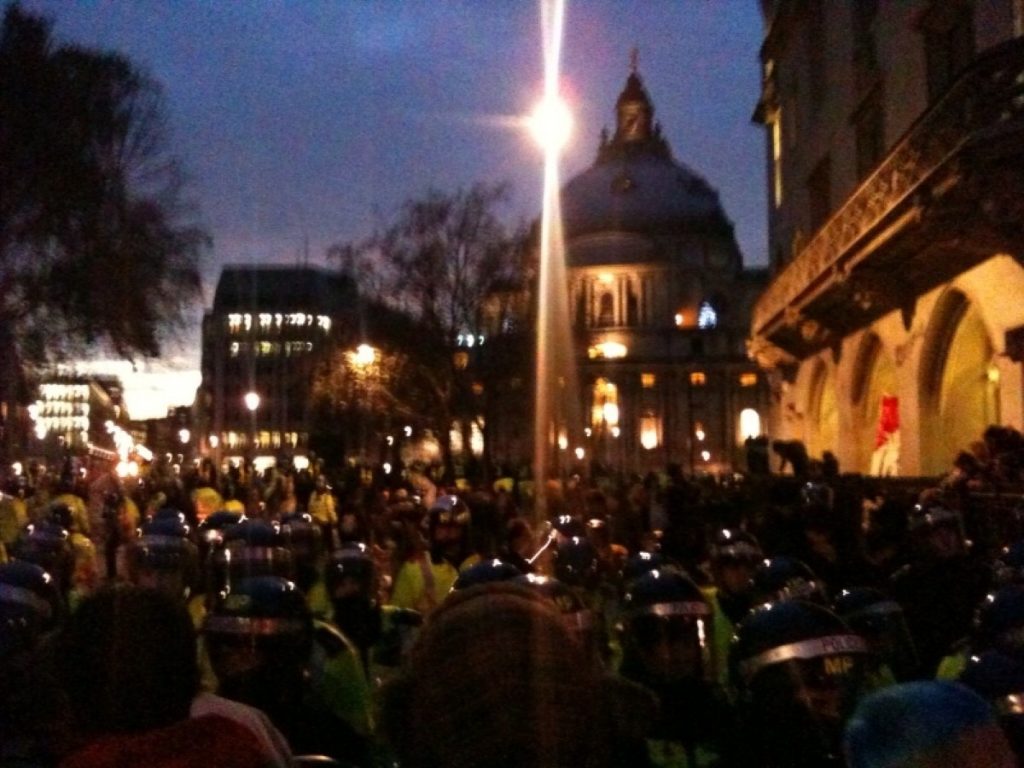Frustration at boarded-up Treasury windows
Forty-one Treasury window panels damaged during December’s student protests have still not been boarding up, prompting criticism from a Conservative MP.
David Tredinnick told politics.co.uk it was “terrible” that the government had not yet had windows fixed.
He suggested that student protesters angered by the coalition’s proposals to hike the tuition fees cap to £9,000 would be encouraged by the slow response.


Evidence from New York showed that the inclination to paint graffiti is reduced if it is immediately cleared up, Mr Tredinnick explained.
“I don’t think it sets a very good example of Parliament Square if we leave those symbols of the demonstration in place,” he added.
“We’re encouraging councils to get rid of graffiti immediately… the same applies to damage. This may seem frivolous, but there are bigger issues at stake.”
Yesterday leader of the House Sir George Young told the Commons that the 41 damaged window panels were removed from the site on January 22nd.
“Replacement work will begin on February 12th and will be completed by the end of the month,” he told MPs.
“Orders were placed by the contractor following clarification and agreement on costs with the loss adjuster.”
Fourteen ground-floor windows smashed during the December 9th protest at the supreme court building, also in Parliament Square, were replaced the following day.
Mr Tredinnick has been one of parliament’s leading figures in the campaign to evict the long-running encampment of anti-war protesters in Parliament Square.
With Tory ministers in government his campaign appears close to success, as provisions which will remove Brian Haw and others from the permanent demonstration have been inserted into the police reform and social responsibility bill currently working its way through parliament.
That is unlikely to pass until April, however, so Westminster city council is taking steps to obtain an injunction forcing the majority of the protesters out sooner.
A spokesperson told politics.co.uk council lawyers hoped to issue proceedings to the high court seeking an injunction by the end of the day.
The protesters had refused to move after being handed letters on January 17th telling them they faced eviction under the Highways Act, for obstructing the highways.

